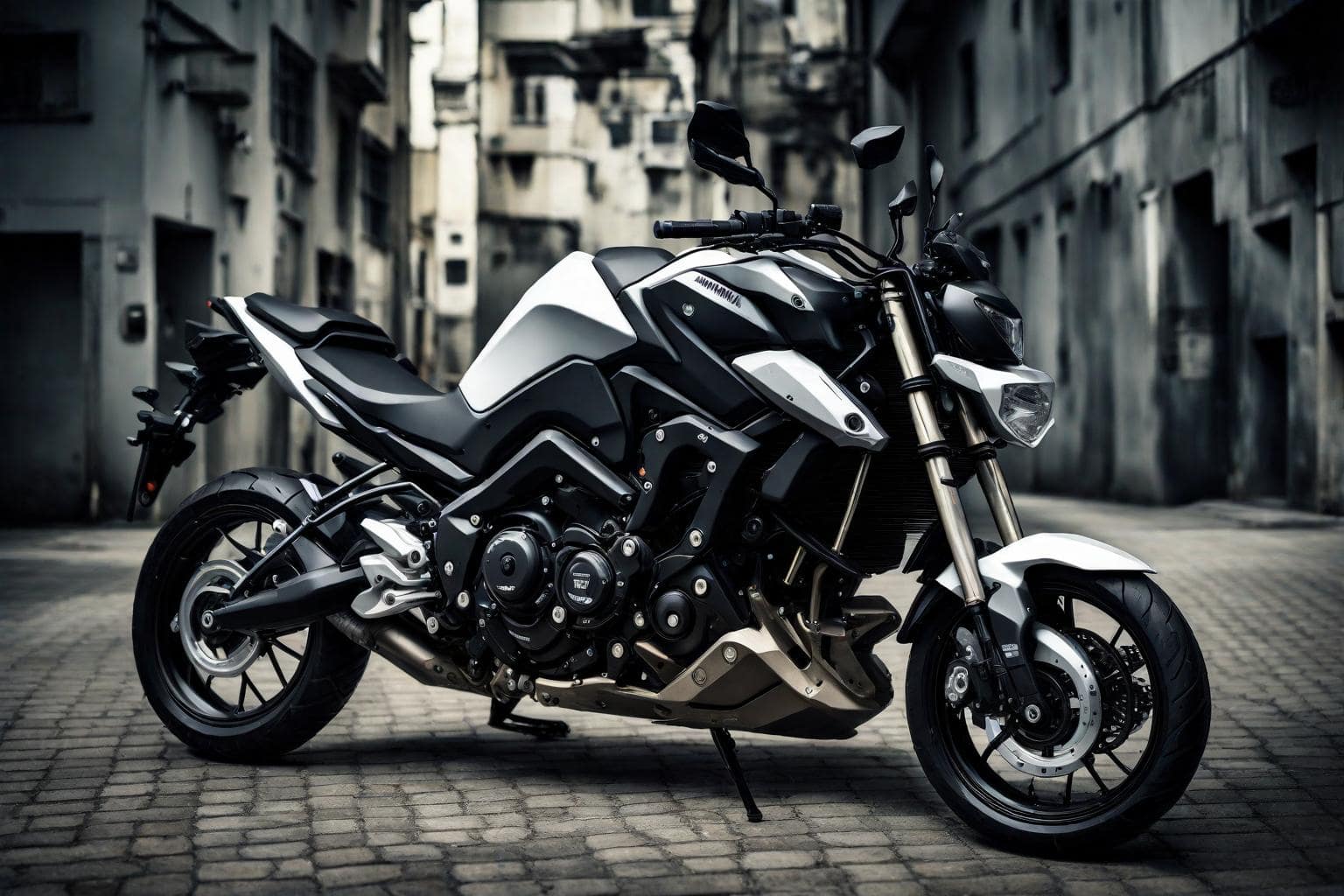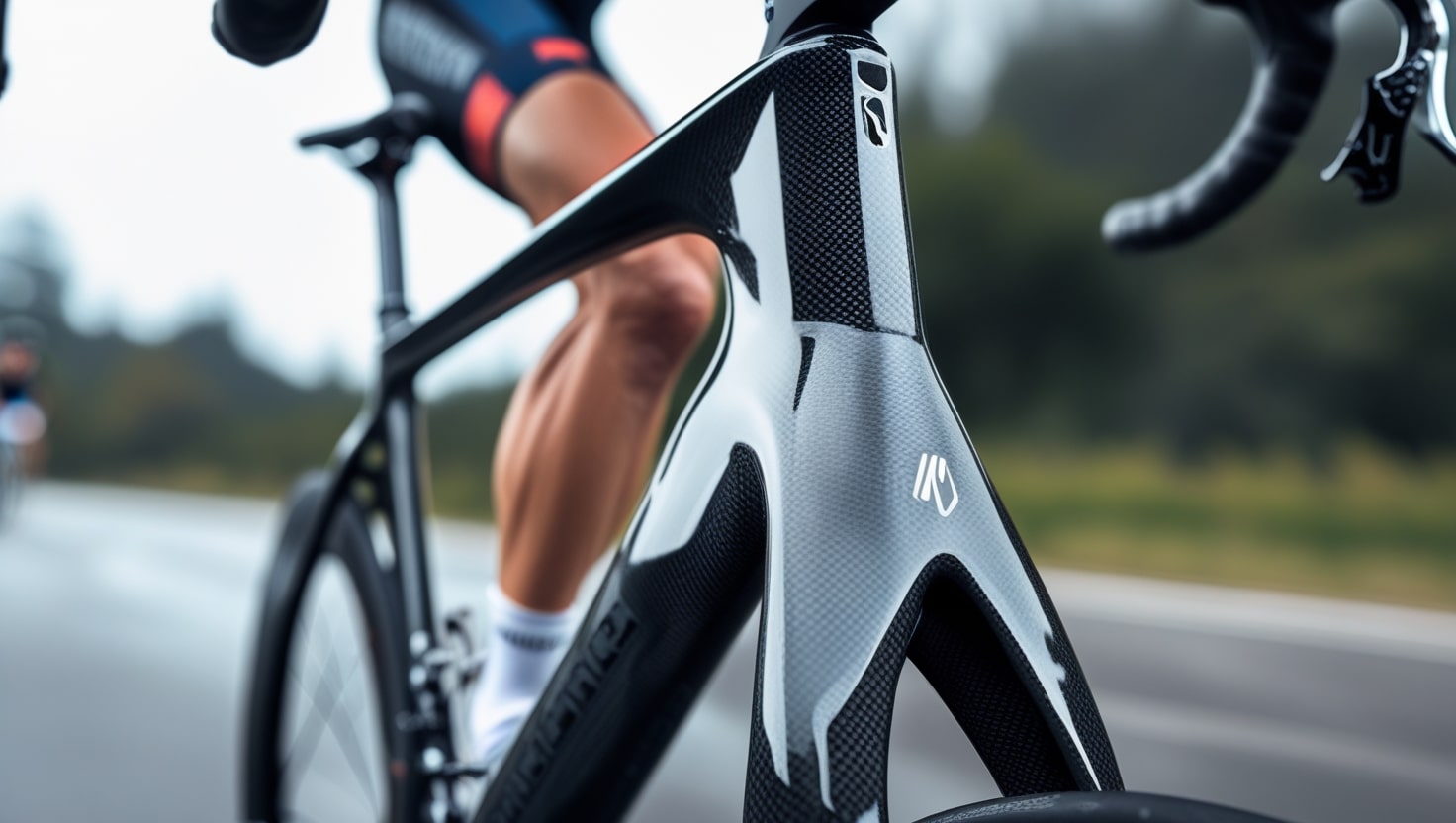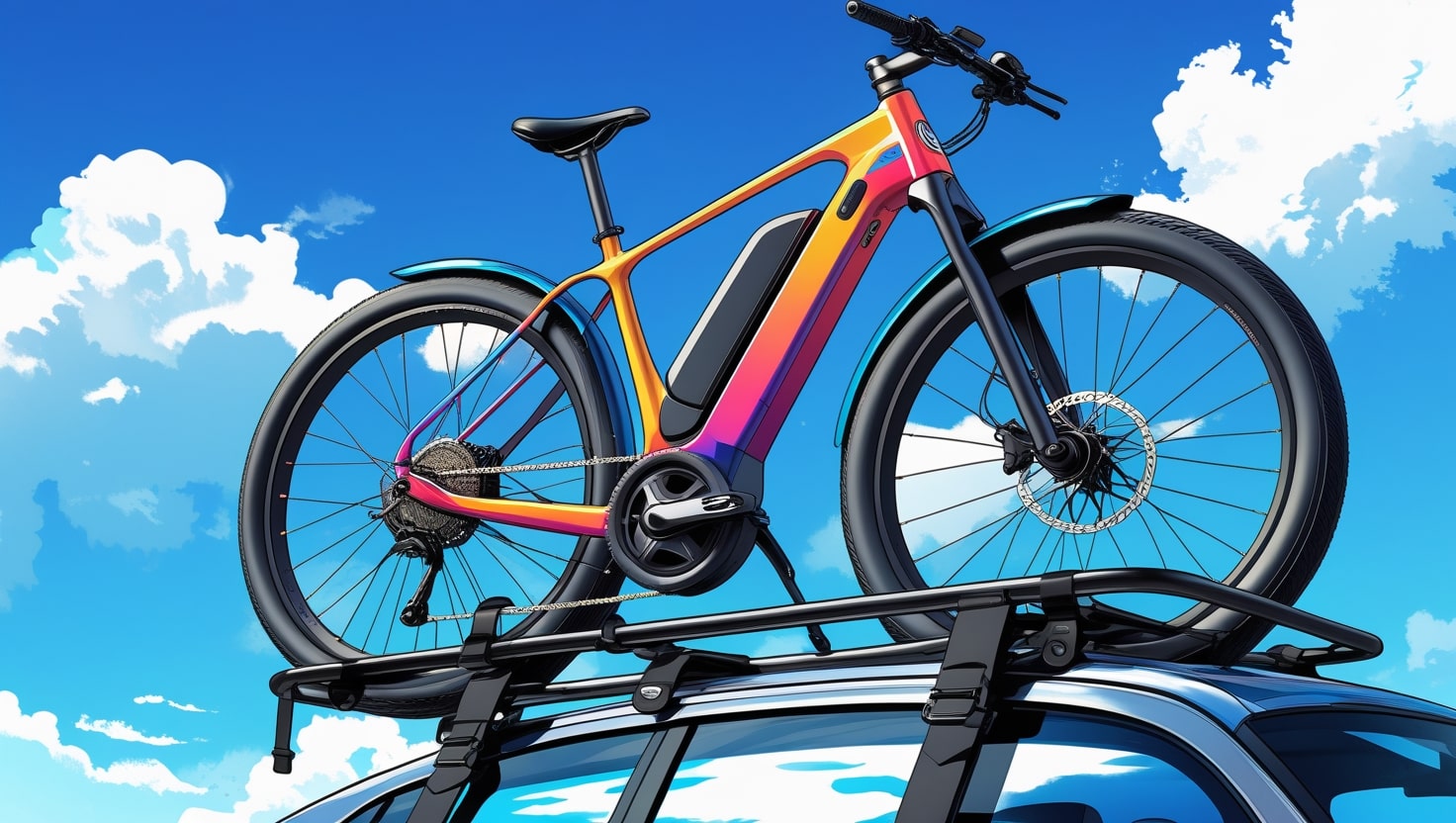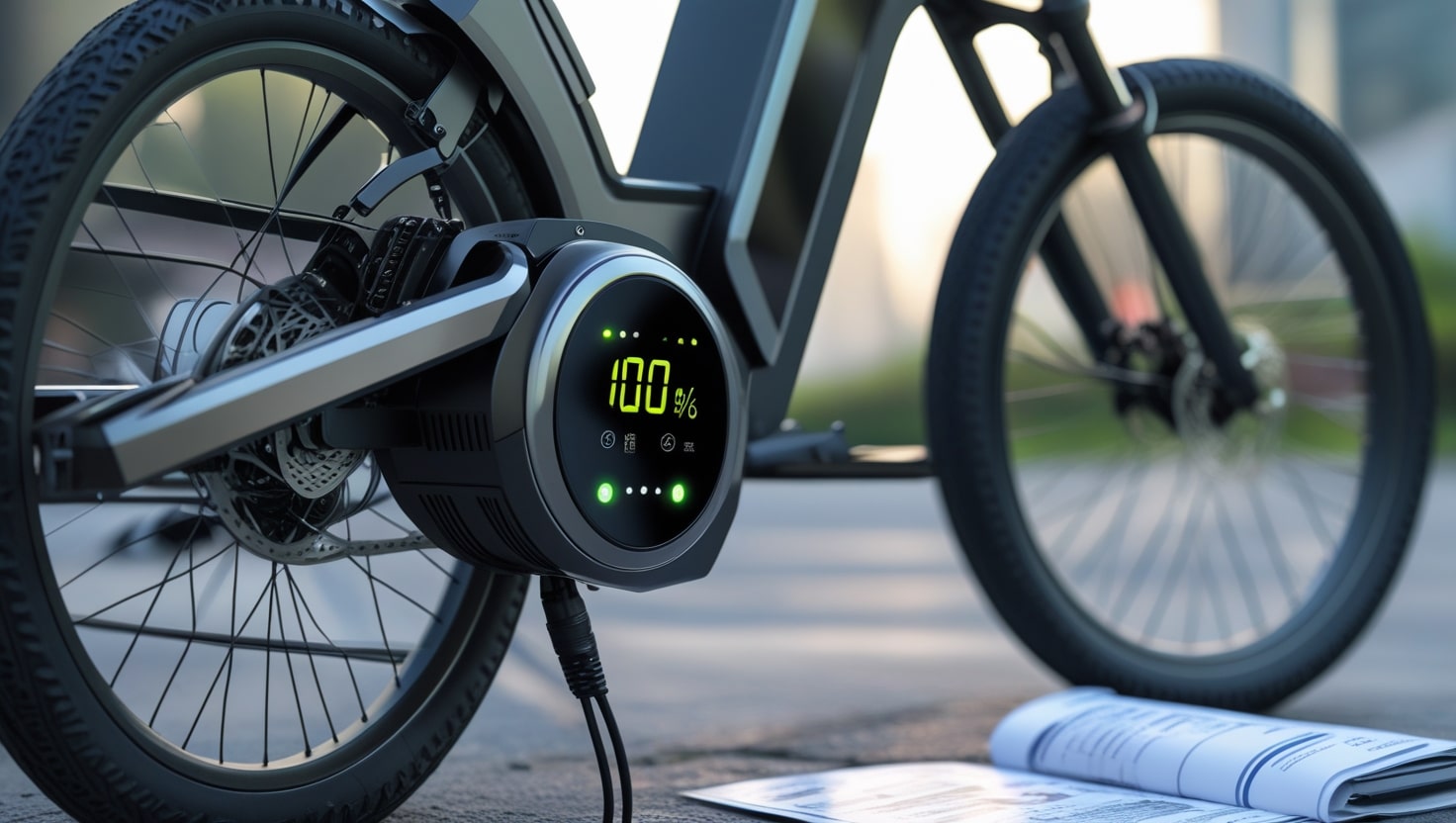If you’re considering the option to trade motorcycle for car, you’re not alone. Many people trade their bike either privately or through a dealer, depending on how much they want for their current ride. The process may seem daunting, but it ultimately boils down to some basic questions about the value you place on your motorcycle and what kind of car you’re aiming for. This article will help answer some common questions and guide you through the process of how to trade your motorcycle for a car, whether you decide to go through a dealer or make the swap privately.
Related Post: What Goes On at Sturgis Bike Rally
Should I Trade Motorcycle for Car
When deciding whether to trade your motorcycle for a car, it’s important to consider what you truly need as a driver. Sometimes, as your family gets bigger, your current mode of transportation no longer fits your lifestyle. Or maybe you’re simply tired of the ride and ready for a change. Regardless of the reason, making the switch from a motorcycle to a car can offer several benefits, including helping to reduce your monthly payment.
Additionally, trading your bike allows you to take advantage of the tax credit you may receive when buying a new or used car. This can significantly lower your overall costs, especially if you’re looking to upgrade your vehicle. Whether it’s the financial savings or just meeting your changing needs, trading in your motorcycle can make a lot of sense for the long-term.
When is it Better to Trade in your Bike to a Dealership vs When to Sell Privately?
Like any decision, trading your motorcycle to a dealer or selling it privately comes with pros and cons. It ultimately depends on what matters more to you—convenience or getting a potentially higher resale value.
Related Post: Can You Lease a Motorcycle?
Advantages of Trading in Your Motorcycle
Avoid Scammers: Trading your motorcycle to a dealer is considered the safest option when compared to selling it in a private party transaction. With plenty of examples where people have been the victim of a scam, it’s essential to avoid the risk of being ripped off. A reputable dealer offers a fair trade-in value for your motorcycle without the fear of getting scammed, even if the value may feel a bit low.
No Loss of Transportation: When you trade your motorcycle for a car at a dealer, the process is quick. You can ride your bike in and drive your new car home the same day, without the hassle of waiting for a buyer or arranging for cash payments. You don’t need to spend time searching on Craigslist or Edmunds to find the perfect vehicle; the trade value is applied immediately.
Tax Savings: One of the big advantages of trading in your motorcycle is the potential tax-wise benefit. The value of your bike is directly applied toward the new car, meaning you’re only paying taxes on the remaining balance. This results in fewer taxes and lower payments, helping you save on overall costs.
Advantages to Selling Privately
Possible Higher Value for the Bike: Selling your motorcycle through a private party often offers a better sale value compared to a trade-in at a dealership. Tools like Kelley Blue Book can give you an accurate estimate of both the private and trade-in values, helping you decide the best route. While trading your bike might be more easy, the market shows that private sales usually bring in a higher value, even though it may depend on the current demand for motorcycles.
Chance to Negotiate Selling Price: Going the private party route also provides more flexibility when it comes to negotiating the price. With multiple potential buyers showing interest, you have the advantage to secure the best price for your bike. This ability to negotiate with different people who are interested in buying can lead to a higher payoff, rather than settling for a lower value through a dealership.
Related Post: Does CarMax Buy Motorcycles?
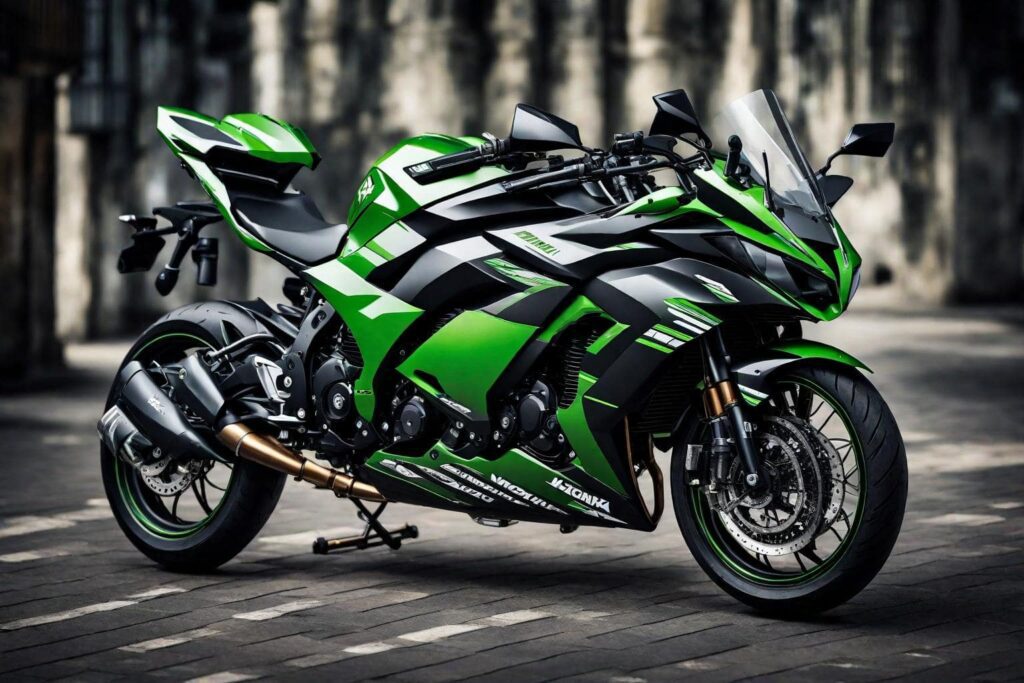
How to Get the Biggest Bang for Your Buck for Your Bike
To get the best deal when trading your motorcycle for a car, you need to decide whether to accept a trade-in offer or go the private route. Selling to a private consumer gives you more flexibility and a negotiating edge, allowing you to push for a higher price. While the final payout might take longer, the ability to set your own value makes this the best move if you’re aiming for the highest sale. Being comfortable with what you’re accepting is key when closing the sale on your bike.
Related Post: Who Makes Indian Motorcycles
Do Dealerships Really Want Your Bike?
Yes, dealers definitely want your motorcycle as part of the trade-in process. The value they offer is largely determined by the condition of your bike and tools like Kelley Blue Book. This helps the dealership find the right car for you while taking in your motorcycle as a natural part of the deal. It’s an easy way for them to help you upgrade, ensuring that the whole trade-in process runs smoothly.
Can You Trade In your Motorcycle with a Loan Still on it?
Yes, you can trade in your motorcycle even if there’s a loan on it. It’s very similar to trading in a car with a lien. First, you’ll need to work together with the lien holder to assess the value of your bike. After paying off the remaining balance, what’s left can be applied toward the trade-in value. This means you’ll subtract the loan amount from the offer the dealer gives you, and the remaining value goes toward the car you are purchasing.
Once the loan is paid and the deal is completed, the rest of the value from your trade-in is used for the car purchase. The lien holder will ensure everything is processed, and you can drive away with a new vehicle.
Related Post: Can You Buy a Motorcycle Without a License?

Does Trading in a Bike Lose You Tax Credit?
No, you don’t lose the tax credit when trading in your motorcycle for a car. According to the Washington State Department of Revenue (DOR), you can still receive the tax benefits from a trade-in. For more info on how this process works, you can visit the DOR’s guide on trade-ins. It’s a straightforward process that ensures you won’t miss out on the financial perks of your trade-in.
Get Your Motorcycle Ready for Sale or Trade
Before you sell or trade your motorcycle, it’s important to make sure it’s in top condition. Dealers and buyers will closely examine your bike, so you want it to look its best. Start by giving your motorcycle a thorough cleaning, and removing any dirt, grime, and grit that may have accumulated over the years. Pay extra attention to those hard-to-see areas like under the seat, behind the lights, and up under the fenders. Buff out any small scratches and get rid of any surface rust on chrome or metal parts. A spotless appearance can go a long way in making a good impression and might even help you get more money.
Next, take a few minutes to check the battery and make sure there’s no calcium build-up on the terminals. It’s these small details that could make a big difference when you meet with a potential buyer or a dealer. Don’t forget to look at the places you wouldn’t usually think about; putting yourself in the shoes of a buyer will give you an edge in the process.
Finally, remember that the overall appearance of the bike is critical when you’re selling or trading it in. A bike that looks fly will surely catch someone’s eye, and it might just help you close the deal faster.
Related Post: How to Become a Bike Mechanic
The Decision. Do I trade in My Bike or Do I Sell It?
Deciding whether to trade your motorcycle or sell it privately is a big decision and depends on what works best for your situation. If you need a car quickly, then trading is the fastest and most safe way to go. The transaction is simple, and you don’t have to spend the extra time waiting for a buyer or listing it on platforms like Craigslist or Facebook Marketplace. Many people lean towards trading because it’s easy, and it can get you on the road faster.
However, if you’re looking to get the most money for your bike, then selling it to a private party might be the better option. Websites like Craigslist or Facebook Marketplace allow you to reach more buyers, giving you a chance to sell at a higher price. There’s no wrong answer here—it really comes down to what you need at the moment, and whichever route you choose, make sure it’s what makes you happy.
Related Post: Using Motorcycle Bar End Mirror for Bicycle
FAQs
Can I trade in a motorcycle with a salvage title?
Yes, some dealerships may accept your motorcycle for a trade-in even if it has a salvage title, but the value offered will likely be much lower compared to a bike with a clean title. It’s always best to check with the dealership beforehand to understand their policy on motorcycles with a salvage title, as not all dealers may be willing to take them.
What documents do I need to trade in my motorcycle?
To trade-in your motorcycle, you will need a few important documents. First, make sure you have the title or payoff information from your lender if you still have a loan. You’ll also need the current registration and a valid driver’s license or other government-issued identification. If you have maintenance records, they can be helpful in showing that your bike is well-maintained.
Can I trade in a motorcycle and a car at the same time?
Yes, many dealerships will let you trade-in both a motorcycle and a car at the same time. The value of both vehicles will be applied to the purchase price of the new or used car you are buying. This can help lower the overall cost and make the process more convenient for you.
Can I trade in my motorcycle if it’s not running?
Yes, some dealerships may accept non-running motorcycles for a trade-in, but the value offered will be significantly lower compared to a running motorcycle. It’s always best to check with the dealership beforehand to understand their policy and get an accurate idea of the trade-in value.
Will I get a tax credit for trading in my motorcycle?
Yes, in many states, you can get a tax credit for the trade-in value of your motorcycle when you purchase a new or used car. This means you’ll only pay sales tax on the difference between the price of the car and the trade-in value of your bike. However, tax laws vary by state, so it’s a good idea to check with the dealership or consult a tax professional for the most specific details.
How is the trade-in value of my motorcycle determined?
The value of your motorcycle for trade-in is based on a variety of factors. The dealership will assess its make, model, year, mileage, and overall condition, along with the current market demand. Based on these factors, they will make you an offer for your bike’s trade-in value.
Can I negotiate the trade-in value of my motorcycle?
Yes, you can negotiate the trade-in value of your motorcycle. It’s a good idea to do some research using resources like Kelley Blue Book to get an idea of what your bike is worth. Keep in mind, though, that the dealership may not be able to offer you the full private sale value, as they have to account for the costs of reconditioning and reselling the bike.

